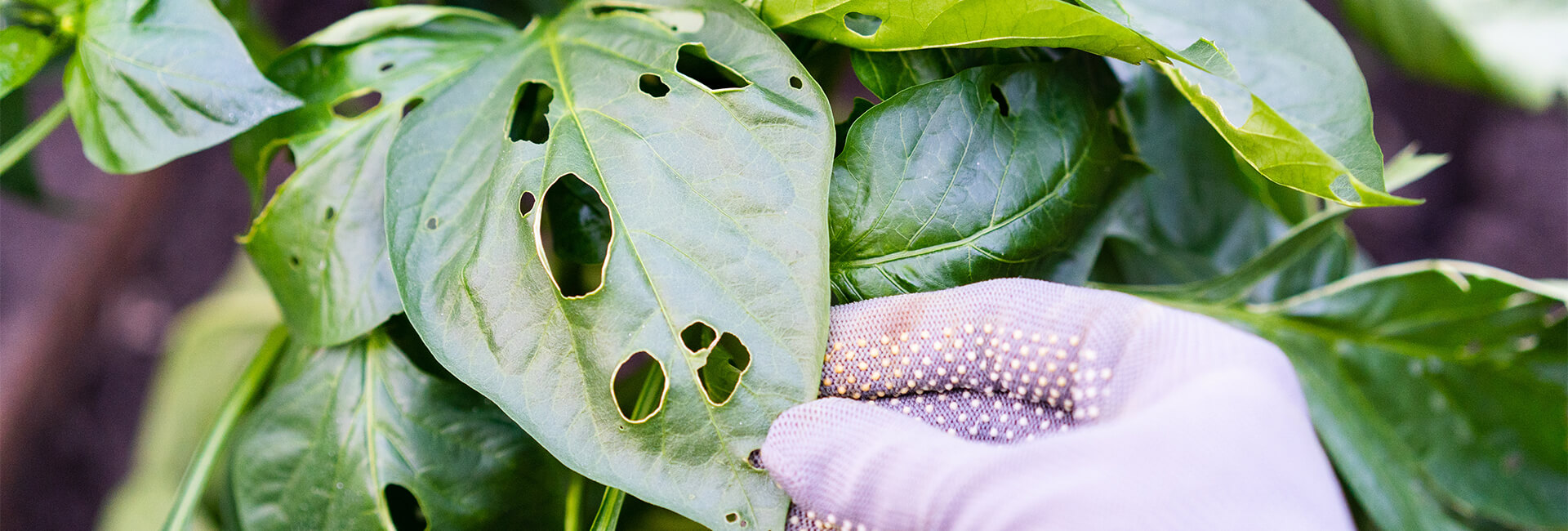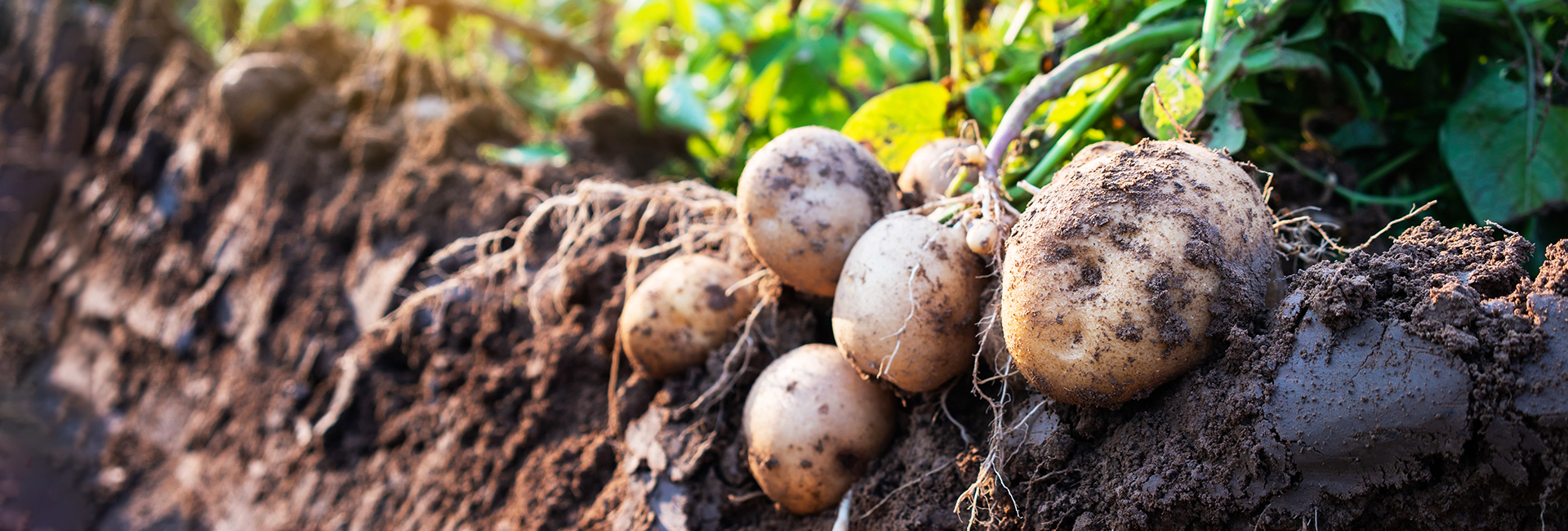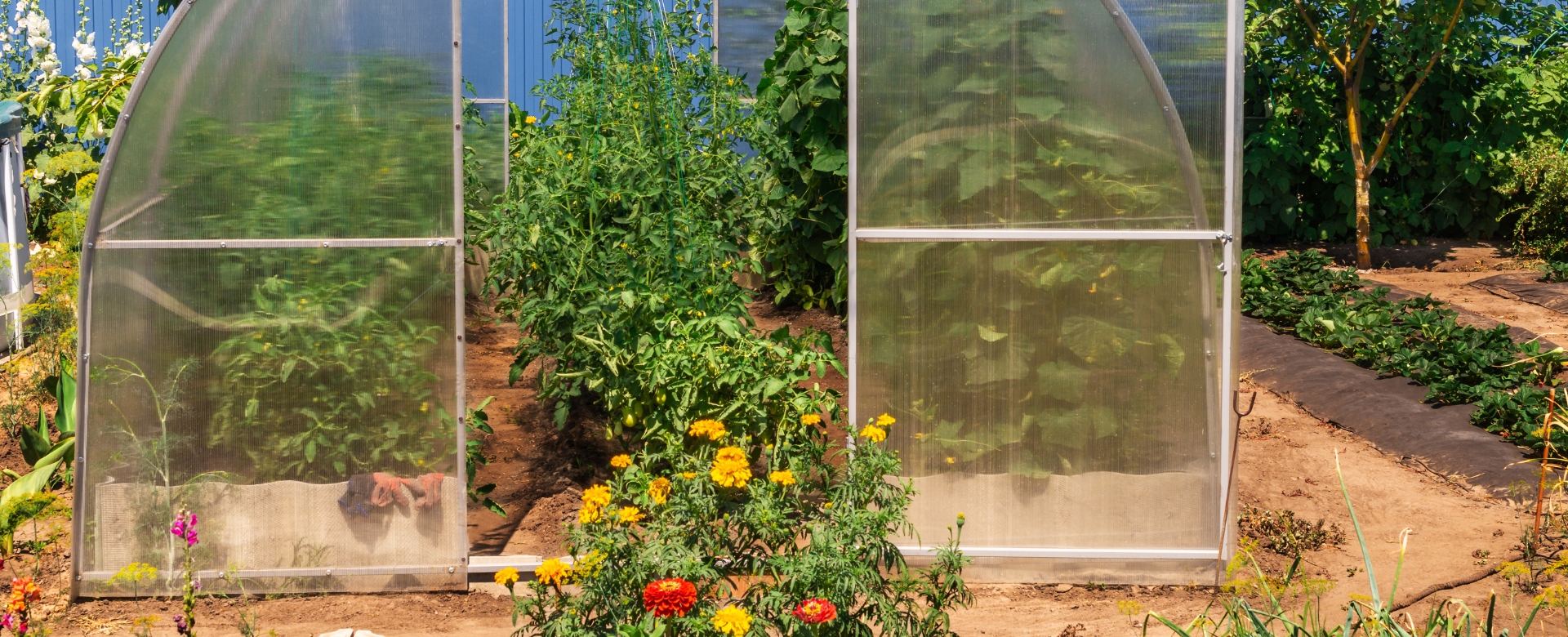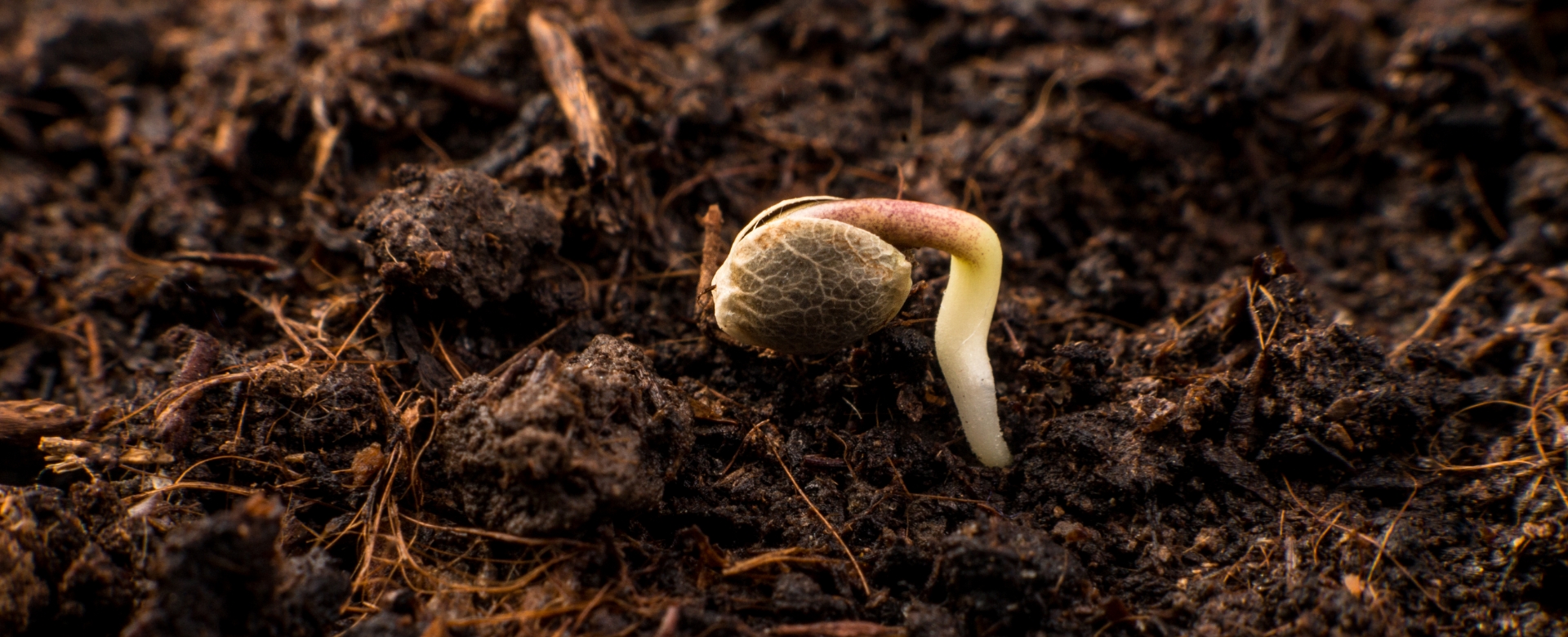We understand a gardener’s joy at witnessing a plot filled with perfect-looking veggies, flowers, or fruits. The problem is that your garden produce is often affected by harmful bugs, insects, and pests. From painful bites to havoc-causing ants and tomato worms to large intruders, all this can cause damage to your crops. Several gardeners are finding ways to eliminate garden pests without using pesticides. Follow our simple, natural, and affordable tips to control harmful garden bugs without using chemicals. With these valuable tips, you can easily combat pesky pests in your garden. Preventing harmful pests is a crucial part of any organic gardening maintenance plan.
1. Healthy Soil
Weak and sick plants are prone to insect invasions, so it becomes essential to test your soil to check for nutrient deficiency at the start and end of the growing season. When you close your garden for the season, you should turn the garden soil vigorously and destroy any residual pupae. Healthy soil makes healthy plants with strong immune systems capable of fighting off pests and diseases. You can consider adding of worm castings to the soil to provide essential nutrients for plants to grow.
2. Cover with Cloth or Netting
You can stop bugs, animals, birds, and other unwanted pests from attacking your plants or causing damage by placing a cloth or net on them. The floating row cover is the most versatile and recommended cover for your crops. It is made from a thin fabric, such as spun polyester or polypropylene. This type of covering looks like packaging material and is highly effective in keeping birds, insects, and pests away from your garden patch.
3. Crop Rotation
Consider crop rotation to keep pests away from your garden space. It confuses pests and helps reduce their concentration in specific areas, helping you keep essential soil nutrients from depleting. You should give a 2- to 3-year gap between planting members of the same crop in a specific area. It can prove challenging, especially in a small or shady garden. If pests overcome a crop, you should plant only a single type of crop in that space for 1 to 2 years.
4. Interplanting
It means alternating specific crops, flowers, and herbs to confuse pests. Pests mostly attack monocrops, which is why several industrial farms spray them with pesticides. Instead of monocrops, an alternative row of vegetables and fruits, along with alternative rows of vegetables and rows of insect-attacking and pest-repelling herbs and flowers. Confusing pests is a sneaky trick for preventing garden pests from finding crops in your garden space.
5. Avoid Over-Fertilizing
While it may seem like a good idea to over-fertilize to keep pests away from your garden space, it is, in fact, the opposite. It causes more harm than good to your crops. It could attract pests such as leafhoppers and aphids, which attack plants with high nitrogen levels and fresh growth. Therefore, use organic fertilizers, which help release nutrients slowly rather than releasing them all at once.
6. Opt for Pest-Resistant Plants
The battle against protecting your plants against pests remains challenging, but you can protect plants in your garden against pests. How? The best way to achieve this is to stay proactive and select pest-resistant plants for your garden. Plant varieties native to the region are more resistant to pest damage. Consider growing pest-resistant plants such as marigolds, which repel anything from rodents to aphids.
7. Encourage the Presence of Beneficial Insects
It is a great idea to have pollinators in your garden, i.e., beneficial insects. Insects like ladybugs, damsel bugs, parasitic wraps, and other similar types help keep pest numbers down by eating harmful insects or using them to develop their young. To attract beneficial insects to your garden space, you should provide them with protein-rich insects, which can be their prey.
8. Select Your Plants Carefully
Some plants and varieties are usually more prone to pest issues than others. Preventing pests from damaging plants in your garden is very simple compared to selecting pest-resistant vegetables, flowers, or fruits.
Final Thoughts
If you own a garden, you should know that it is home to creatures that provide benefits and some that are not helpful, similar to any natural environment. By following the tips mentioned above, you can ensure that you get rid of any pesky pests and protect your plants safely.




